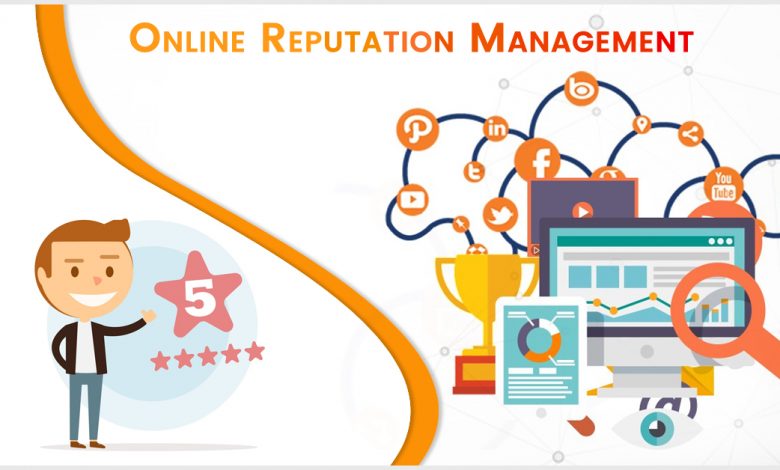Are you aware of the importance of managing your online reputation (ORM)?

The importance of reputation management cannot be overstated in any industry. Everyone knows that today’s consumers use the Internet to research goods and services. They read online reviews, post on social media, and look around the company’s website for further information. All of this so that they may create their own thoughts on the goods they are searching for. As a result, people are more likely to purchase from the person who has the best reputation for the brand.
Customers’ positive perceptions of a corporation are not a lasting asset. It may be influenced by a variety of factors, including the placement of a company’s website in search results, the design, and content of the site, its presence on social media, and the weight of online reviews and rankings. Companies’ reputations matter, whether they realize it or not. However, there’s good news: it’s doable.
The company’s need for reputation management
It’s ironic that the word “reputation management” doesn’t have the nicest name. Many corporations and brands approach them as if they were a catastrophe. When there is an issue, they don’t think about it until it is too late. Imagine for a moment that you’ve been running a successful company for a long period of time. Time, effort, and even tears went into this. You didn’t get to go out to parties or have Netflix nights, but you battled hard for your goals. Even if you’ve finally reached the point where it seems like your work is done, the phones stop ringing and new clients disappear without explanation.
Simply said, online reputation management (ORM) encompasses all operations that are relevant to the management of your brand’s reputation on the internet. It encompasses not just social media, but also Google, article pages, blogs, and other such platforms.
It is divided into three major sections:
Monitoring
Keeping track of what is being said about the brand on the Internet, is often known as monitoring. Always keep in mind that individuals may remark on your brand not just on your accounts, but also on their blogs, beneath articles (even on entirely unrelated topics), or on their own social media pages. You will not be able to learn about many of the things that are published about your firm unless you are actively watching.
Developing a brand
Developing a brand (prevention). Unless you develop material about your brand, it will be tough for you to defend yourself against any bad comments, since the only stuff that people will be able to read will be the negative information that you have created. And it is for this reason that it is so critical in the reputation-building process to develop content before anything unpleasant occurs.
Recall that in the area of reputation, not only the name of your brand is important, but also all names surrounding it: your name subbrands, product names, names of “popular” employees (for example, a public relations spokesman or an expert), internet nicknames, and so on.
Examine the use of the name
With the use of tools such as Knowem.com, you can find out whether someone has established a social media account or a domain name in your company’s name. If someone is impersonating us, it is important examining whether or not we have reserved the name so that they can’t do it. This is particularly true in cases when we do not plan to host a particular channel. Also, don’t forget to look things up every now and again on Google.
Create a blog for your business
Maintaining a blog is a good strategy to dominate the first page of search results for keywords linked to your company or brand. A blog that is well-optimized for search engine optimization may provide not only sales and image-related advantages. It can also assist in the maintenance of the brand’s reputation. In the event that there are any bad texts, location in Google, as well as the blog.
Additionally, the blog helps in the presentation of the firm, the development of a connection with the audience. The promotion of the organization as an expert and/or leader, and so on.
Repairing the damage
Damage repair, sometimes known as cleaning, is the third component of operational risk management. As the name implies, it happens whenever anything unfavorable about ourselves is brought to light. We have a number of different methods to select from when dealing with these sorts of problems:
- Make an attempt to get a snapshot of the content from the author or site administrator.
- If the material breaches any activities linked to the removal of content from the network. You may take legal action to protect your rights (e.g. by reporting it as illegal).
It is crucial to remember that the primary goal of online reputation management is to FIGHT AGAINST difficulties by developing a strong brand and monitoring the situation, not to RESPOND TO problems, although this is an important aspect of the job as well. Every cleaning and repair step should not be performed by an ORM that is properly conducted. This is not always achievable due to time constraints.



